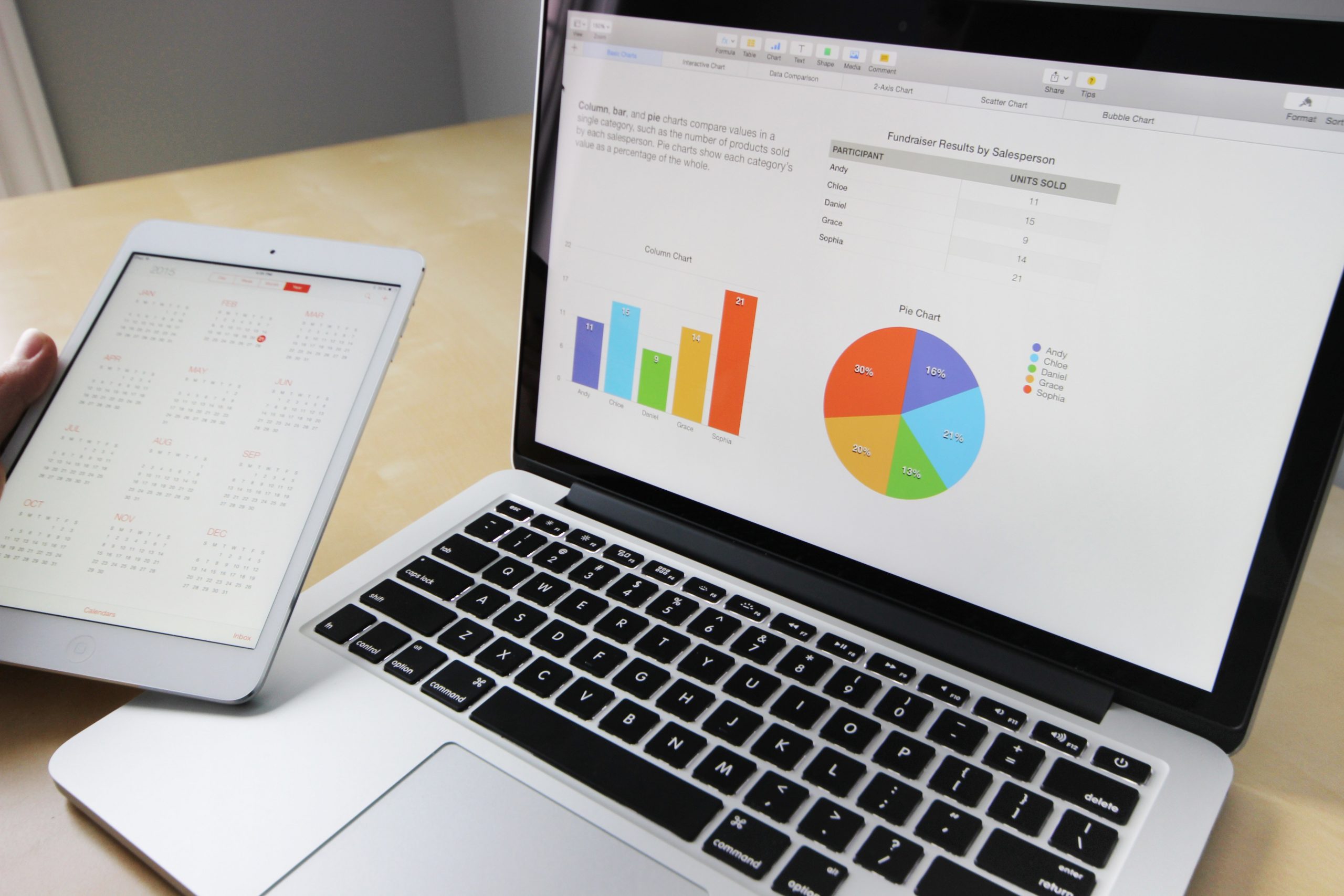How Much Energy Do Air Conditioners Use? A Guide to Efficient Cooling
As temperatures rise, so does our reliance on air conditioning to keep our workspaces comfortable. However, air conditioners are notorious for their high energy consumption, which not only has an environmental impact but also contributes to increasing utility bills. In this blog post, we’ll examine how much energy air conditioners typically use and explore options … Read more









